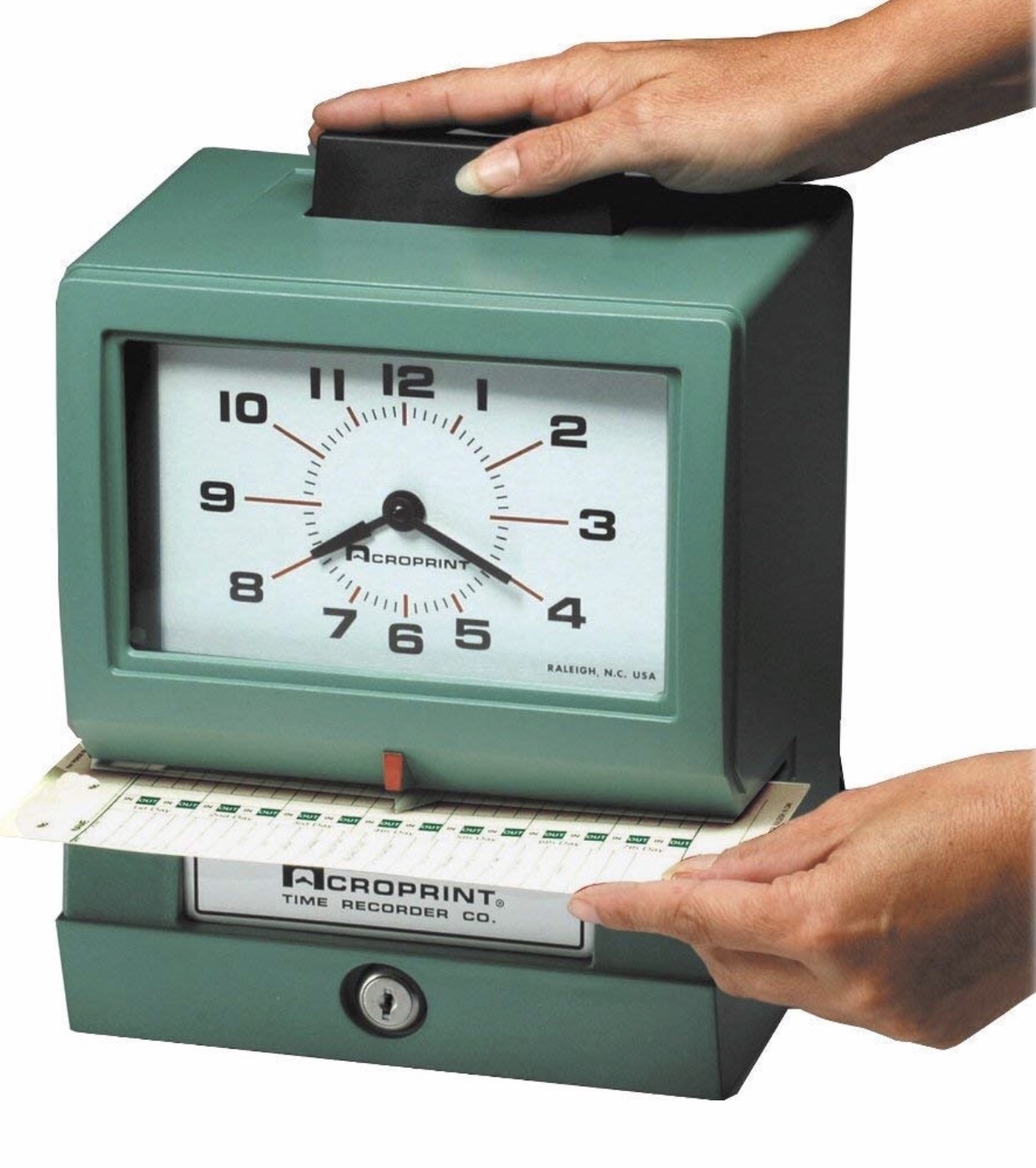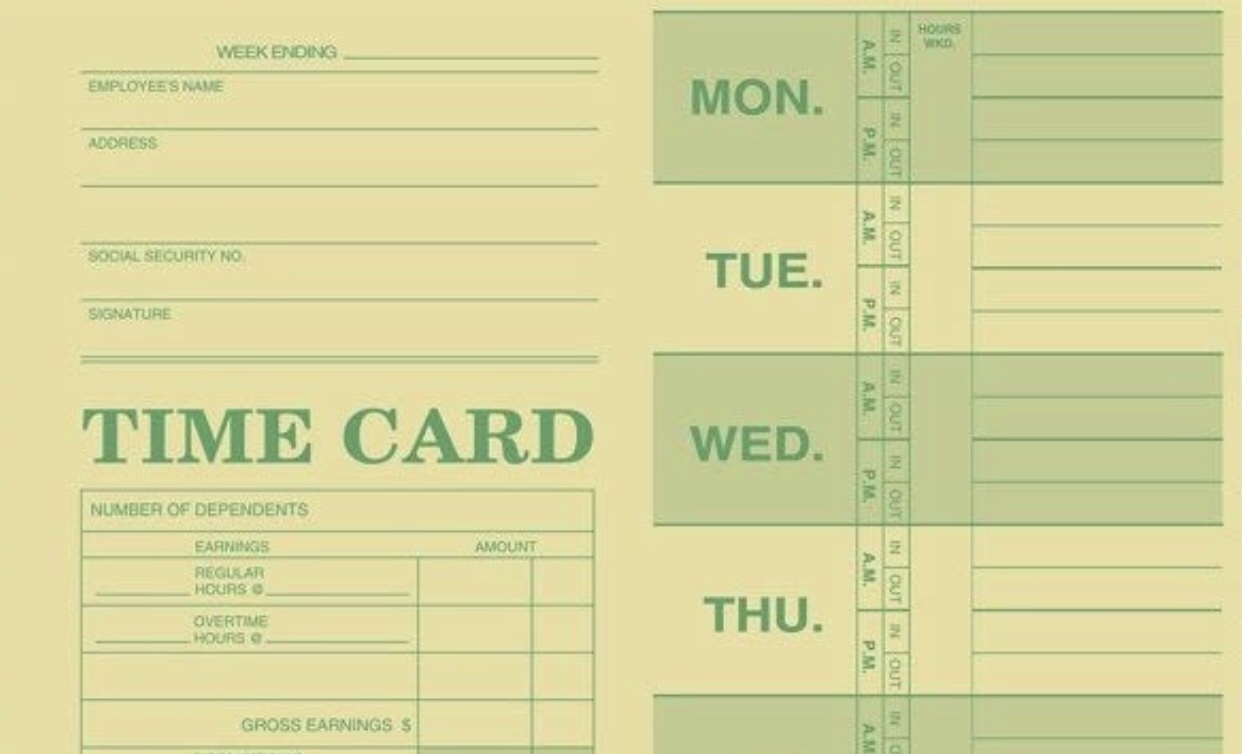Civil Code section 8414 prevents a subcontractor from enforcing a mechanic’s lien unless the subcontractor recorded the lien: (a) after it ceases to provide work, and (b) before the earlier of the following times: (1) 90 days after completion of the work of improvement, or (2) 30 days after the owner records a notice of completion or cessation.
In Precision Framing Systems v. Luzuriaga, (published on August 29, 2019) the Court of Appeal considered when a mechanic’s lien is premature, i.e. when it is recorded before the subcontractor “ceases to provide work.” Precision Framing Systems (Precision) had a subcontract to provide, among other things, trusses for the project. It further subcontracted the design and fabrication of the trusses to Inland Empire Truss (Inland). After Precision installed the trusses and completed the rest of its work, the city signed off on the framing, but issued a corrective notice for a problem with the truss design. Precision considered this to be an issue for Inland. On December 23, the general contractor walked the job and found Precision’s work was complete and fully in compliance with the plans and specifications. Precision recorded a mechanic’s lien 11 days later, on January 2. In the meantime, Inland did not complete the repairs on the defective trusses until February 13.
The trial court found the lien was recorded before Precision ceased work and thus dismissed its foreclosure action. On appeal, the relevant question was “whether the repairs were part of the ‘work’ that Precision was to provide to the ‘work of improvement.’”
The appellate court found the truss repairs Inland performed to correct the design problems were part of Precision’s contract to supply trusses “necessary to complete the project, not merely trusses in conformity with the plans.” It did not matter that Precision accomplished these repairs through a second-tier subcontractor – they were still part of Precision’s scope of work.
Nor did it matter that the general contractor inspected the project and found Precision completed its scope of work. “[B]ecause the scope of work was established by the relevant contracts, this was merely the factually unsupported legal opinion of two lay witnesses.”
Thus, the repair of the trusses was part of Precision’s “work,” and it “does not matter whether Precision actually carried out the repairs itself or merely ‘helped coordinate’ them.” The court also observed that it may seem unfair to find a lien premature if the claimant does not know that it has any work left to do when it records its lien. Nevertheless, the court did not consider the subcontractor’s subjective belief that he “ceased to provide work” to be relevant. Instead, the court observed that “nothing in the Mechanic’s Lien Law prohibited [the subcontractor] from recording its claim again after the repairs were performed.”
The bottom line is a subcontractor has not “ceased to provide work” if its second-tier subcontractors and suppliers are still making repairs or corrections on the project. If there is any doubt about whether subsequent repair work establishes a new timeframe to record a lien, subcontractors should re-record their lien to avoid the having the first lien declared premature.




